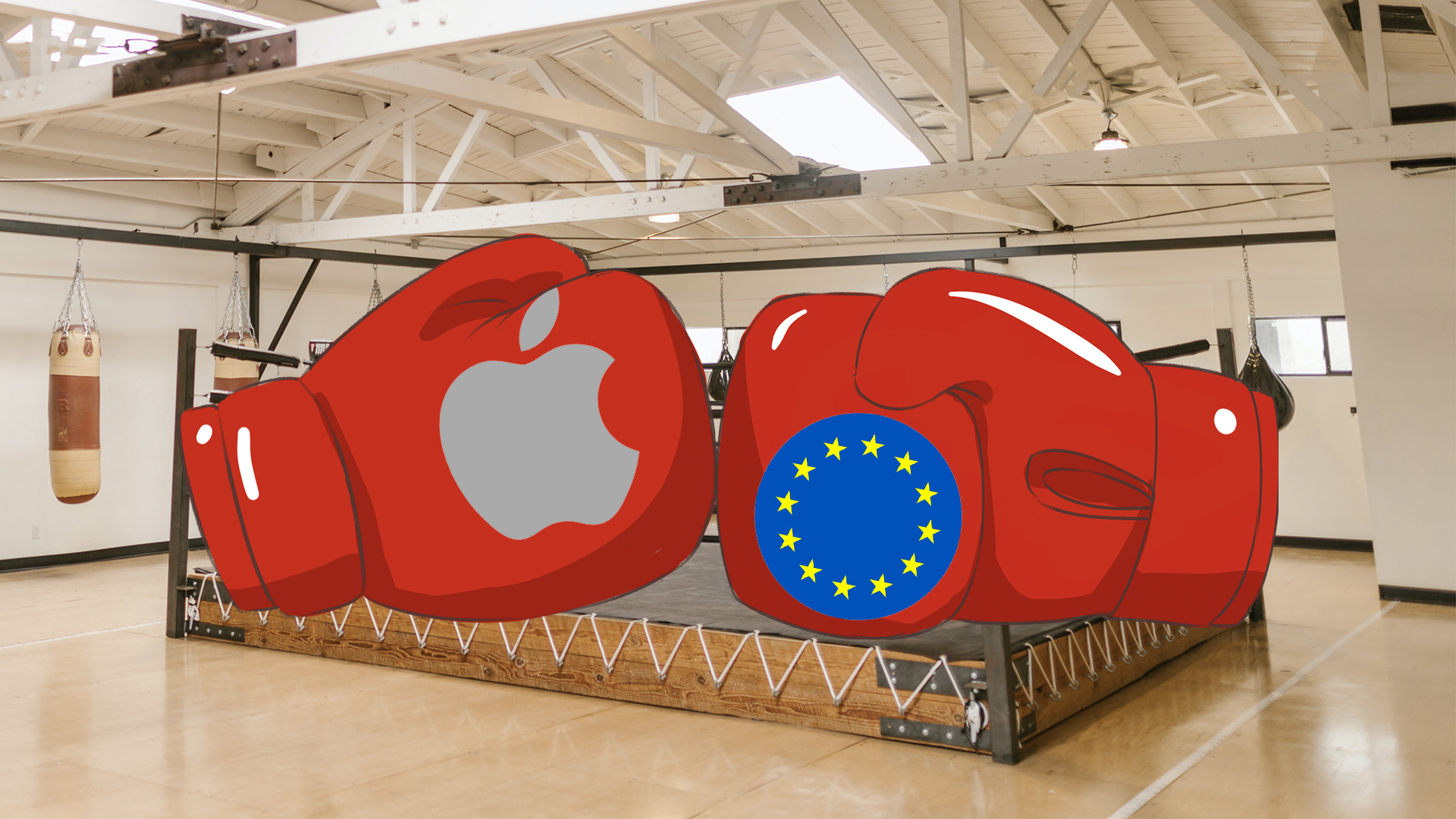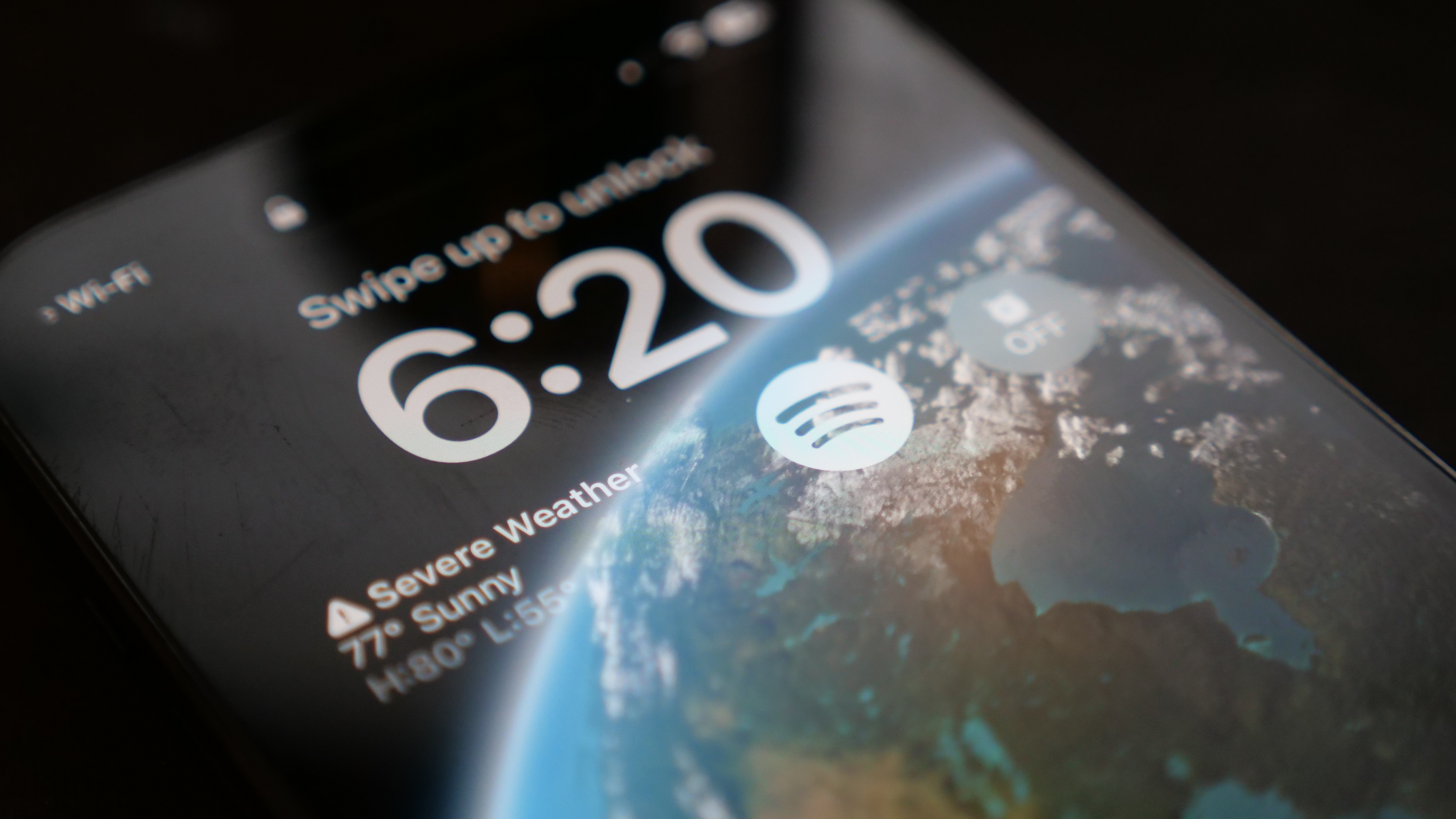App Store changes could backfire on Apple — what are EU doing?
Apple will allow third-party app stores, but with multiple catches

Sign up to receive The Snapshot, a free special dispatch from Laptop Mag, in your inbox.
You are now subscribed
Your newsletter sign-up was successful
If it feels like Apple and the European Union have been in conflict for a while, it's because they have been. The Apple vs EU debacle started in mid-2022 when the EU chose the USB-C as a universal charging port for all devices, forcing Apple to update its Lightning port.
In November 2022, the EU passed the Digital Markets Act (DMA) with various rules and a deadline date in March 2024 for companies, like Apple, to comply by. In the name of complying, Apple recently announced that it'll allow third-party app stores in the EU, but with some costly extra fees added on that make it potentially easier to just stay with Apple's App Store.
The EU knows this, and according to Reuters (via 9to5Mac), EU industry chief Thierry Breton said, "If the proposed solutions are not good enough, we will not hesitate to take strong action."
Apple may need to revamp its proposed solution to the EU's DMA
While Apple is technically complying with the EU's DMA stipulations, the company is doing so in a roundabout way that ensures it'll still profit similarly and that developers might still end up "forced" to use Apple's App Store for their apps.
If third-party developers choose to use an alternate app store or payment system, Apple will require a "core technology fee" of 50 euro cents per user account, per year. Apple said that under these new business terms, an estimated 99% of developers would reduce or maintain their fees owed, but the company doesn't say by how much.

Many third-party developers are already opposed to the proposed solution from Apple, and have plans to voice feedback with the EU. According to Reuters, CEO of Aptoide Paulo Trezentos said, "We heard rumours some changes were coming, but we didn't expect them to be this thorough. This was definitely a good move, but the fees are still too high. We are preparing to send formal feedback to the European Commission."
And the European Commission is prepared to listen and take third-party developer feedback seriously. Talking to Reuters, EU industry chief Breton said, "The DMA will open the gates of the internet to competition so that digital markets are fair and open. Change is already happening. As from 7 March we will assess companies' proposals, with the feedback of third parties."
Sign up to receive The Snapshot, a free special dispatch from Laptop Mag, in your inbox.
Seeing how the EU has handled previous battles with Apple, there's no question that Breton means it when he says, "If the proposed solutions are not good enough, we will not hesitate to take strong action."
With so many third-party developers already upset with Apple's proposed solution, calling it a "shameless insult" and "a step in the wrong direction" (according to 9to5Mac), Apple might need to go back to the drawing board and propose a plan that isn't focused on trying to maximize profits.

Sarah Chaney is a freelance tech writer with five years of experience across multiple outlets, including Mashable, How-To Geek, MakeUseOf, Tom’s Guide, and of course, Laptop Mag. She loves reviewing the latest gadgets, from inventive robot vacuums to new laptops, wearables, and anything PC-related. When she's not writing, she's probably playing a video game, exploring the outdoors, or listening to her current favorite song or album on repeat.
